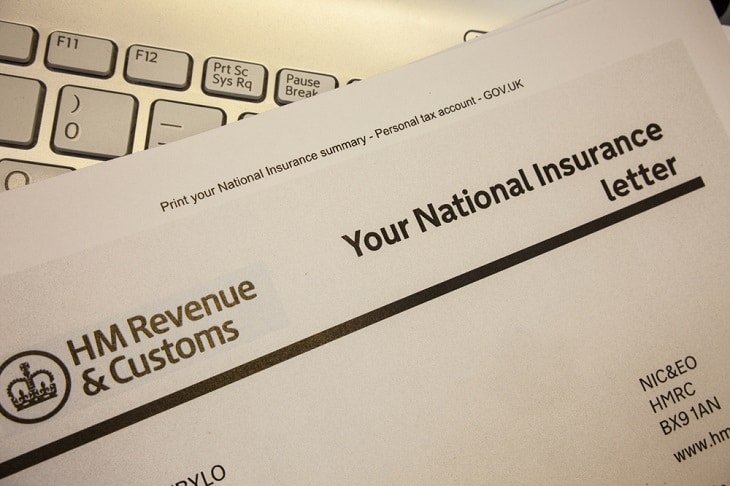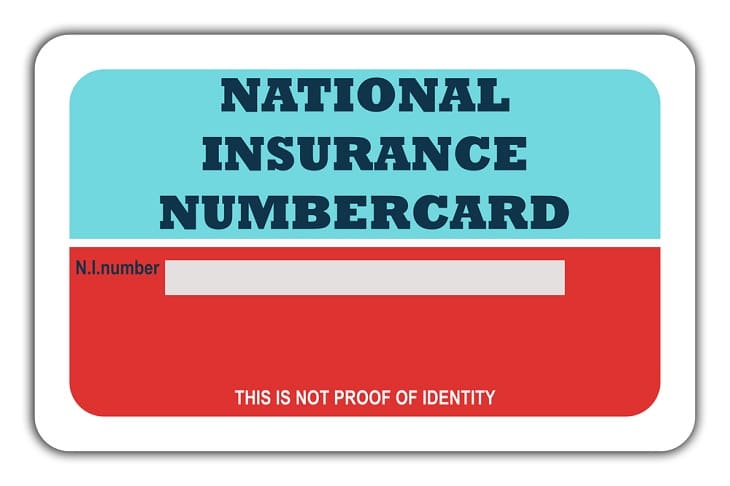Jasmine Birtles
Your money-making expert. Financial journalist, TV and radio personality.


Have you ever wondered exactly what is National Insurance and why you have to pay for it? We reveal all in our essential guide…
National Insurance – much as governments like to deny it – is a type of income tax.
The difference between the two is that income tax applies to all types of income (including investments), but NI only applies to your salary or your pay if you’re self-employed.
NI is paid by both employers and employees. It is a mind-numbingly complex tax concept, but, simply it’s used to pay for certain social security benefits such as sick pay, maternity pay and your State Pension. It’s also now used to prop up the National Health Service.
And yes you do have to pay it – anyone employed or self-employed aged over 16 will have to make NI contributions. But there are ways to get around it, for example, if you’re earnings are below a certain level such as £166 a week or if you are a married woman, fishermen, volunteer development workers or widow with a valid election certificate you can pay a reduced class.

National Insurance rates vary significantly but largely depend on how much you earn.
In a nutshell, there are four ‘classes’ of National Insurance Contributions and it depends on how you’re employed as to what you pay. For the 2019-2020 tax year here are the rates:
If you’re employed:
If you’re self-employed:
HMRC have information on self employed National Insurance rates.
The single most important thing that NI contributions pay for is the State Pension. Your National Insurance contributions (NICs) are mostly being used at the moment to pay the meagre pension that’s being doled out to our pensioners – just as your State Pension (if you are working now) will be paid for by your children and grandchildren.
You will only be entitled to the basic State Pension if you’ve made full NI contributions throughout your working life (although there are exceptions if you have to take time off work to have a child or care for a relative – see the DWP website, Entitledto or Turn2us.co.uk for more information).
The Government expects you to work for 10 years to qualify for any of the new State Pension and 35 years for the full pension. If you haven’t worked for the full amount of years, your pension is reduced proportionately.
However, there is some help given to people (usually women) who take time out of work to care for children. The National Insurance credits scheme is designed for parents and carers, those who have partners in the armed forces, unemployed, on maternity leave, disabled on a government approved training list and more. HMRC list the full details here.
You can also buy National Insurance credits if you have had missed years. You can buy up to the previous six years.
Few people put aside money for old age so it’s important to check that you’re up to date with your NI contributions to ensure that you will get at least something when you hit retirement age. You can check this by asking for a pension forecast from the State Pension Forecasting Team on 0845 3000 168 or go online at GOV.UK’s Pension Service or DWP.
To find out more about saving for retirement see our Pensions and retirement pages.

Hard to tell what will be available by the time many of us reach retirement age. Could be best to create a safety net for yourself if possible…